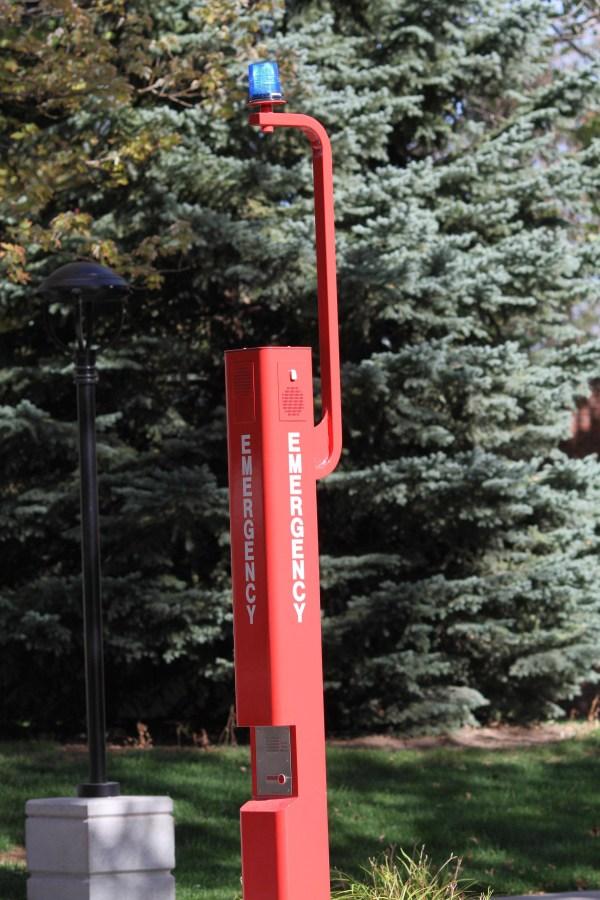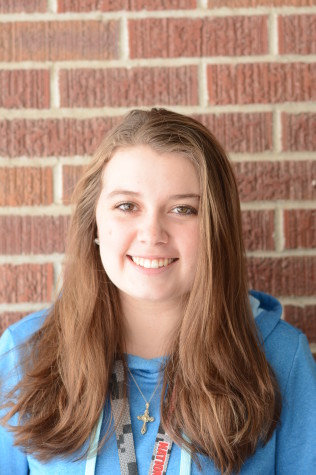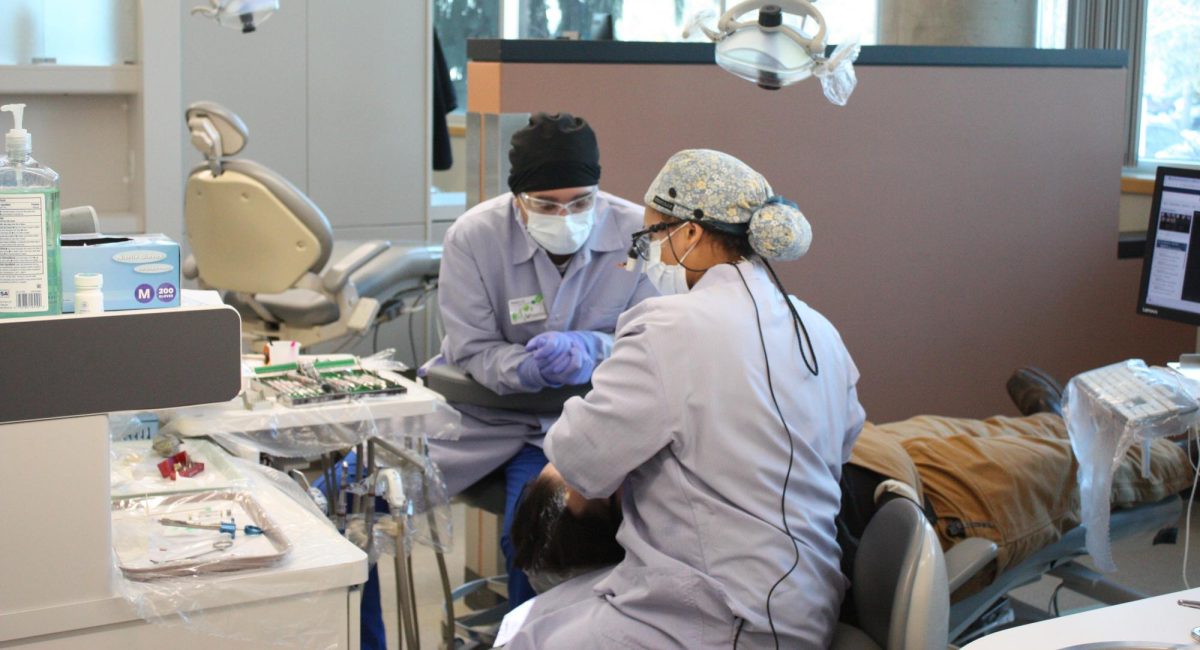Campus police provides safety resources
Code Blue Lights emergency station
October 2, 2014
According to EWU Campus Police officer Robert Schmitter, the EWU police offer many services in an attempt to serve the Eastern community the best they can and earn the trust of the Eastern students.
“We do service calls, so a lock out, a vehicle jump or a safety escort. So if you are on one side of the campus or the other or you are down at Brewster and you need to get back, and you don’t feel safe, you can call and an available officer can give you a ride,” said Schmitter.
Schmitter said one of the hardest parts of being an officer is the lack of trust between the police and students.
“Like anything, you’ve [got to] build trust. We have a disadvantage because police are enforcers, so a lot of people aren’t comfortable with the police. So we have to break those barriers down.”
One way the EWU police intend to break down those barriers is showing the students at Eastern that they care.
According to Schmitter, the police want to help students as much as they can, especially freshman.
“We have a lot of people that are fresh out of high school, leaving home for the first time. It’s a big culture shock. We understand that,” he said.
According to Schmitter, alcohol abuse is the biggest issue the EWU police see on campus.
“One of the big issues for safety, for us, is alcohol. It seems to tie into a lot of our assaults, a lot of our harassments or disorderlies. People are young and they want to have fun,” said Schmitter. “We have to address the safety issue.”
Schmitter, and the rest of the EWU police, would rather a student call the officer help line than try to get themselves home if they have been drinking.
“If you’re out, and it’s either jump in a car with a friend, or walk home where you can get hurt we’d rather you give us a call, and I would rather you get home safe,” said Schmitter. “Are we a taxi service? No, but we’d rather you get home safely if you made a poor choice and got yourself in a situation where you can’t find yourself a ride home.”
Eastern also offers EWU Alerts to students, parents and faculty on both the Cheney and Spokane campuses. Alerts are sent out via text, email and more when there is an emergency or safety situation on campus.
According to the EWU Alerts website, “During an emergency situation, EWU Alerts is the quickest way for you to find out information and to take action.”
Another way the police help make the EWU campus safer is with the Code Blue Lights, which are 911 call stations around campus.
“They’re universal, which is why it’s a blue light. Just push the button and it calls 911 direct. It has a 50-foot radius for sound, if you’re in trouble and you’ve gotta keep moving push the button and start talking,” said Schmitter.
EWU Pearce Residential Life Coordinator Brock Sieb said, “It is important to have the blue lights easily accessible on campus because they provide the means to receive help if someone on our campus is in need, and they are a visible reminder of the University’s commitment to safety,” said Sieb.
EWU Residence Hall Association (RHA) Treasurer Pandora Meyer said the RHA office is working with the EWU police to walk around campus and determine the less lighted areas where additional security may be needed.
Meyer said the EWU police did this last year as well and determined some sites in need of more security.
“One of the main concerns [last year] was the arts and theater complex because there is not that much lighting and it can be eerie to walk by yourself at night,” said Meyer.
Meyer said this year she hopes the lights walk will extend beyond the blue lights and into street lights. She said walking down by Brewster is always a little unnerving.
“There are parts that are dark, maybe we can get the city to put in lights down that way,” said Meyer.
Meyer also said how much she appreciates the efforts of the EWU police for making the campus as safe as it can be.
“I love the safety and the opportunities,” said Meyer.
Schmitter would like to remind students that the EWU police offers a self-defense class for those who are interested. Schmitter said a lot of what the police do is educate, which helps a lot. He also suggested that students report all crimes and thefts.
“Maybe I won’t catch them if you call it in, but it gives us patterns so we know where to focus our resources. The URC was a huge problem for theft, and we showed that through our stats, and the school got better cameras,” said Schmitter.








